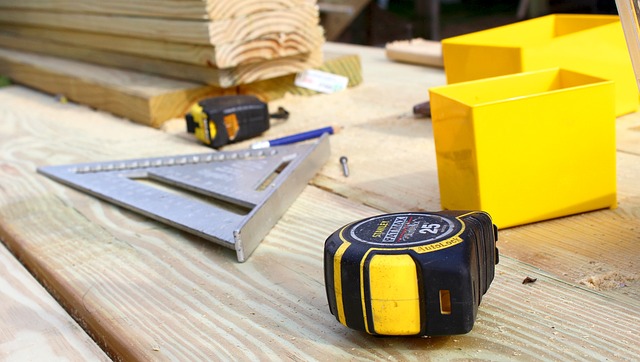Updated on April 3, 2020
Are there any restrictions as to what type of construction contracts a General Building Contractor can enter into? The short answer is yes.
A general building contractor is a contractor duly licensed by the Contractors State License Board with what is referred to as a B license classification. Pursuant to the California Business and Professions Code, a B license is required for all construction projects involving the use of at least two unrelated building trades or crafts.
For instance, in the context of a home remodel, if the work includes plumbing, electrical, and roofing work the homeowner can engage a general building contractor to perform all three scopes of work. There is no need for the homeowner to hire three separate contractors to perform all three scopes of work. It is typically more efficient both from a cost and time perspective to have one contractor perform the work instead of hiring multiple specialty contractors to perform the same scope of work.
Conversely, the Business and Professions Code does not allow for general building contractors to enter into a contract solely for a single scope of work (other than framing or carpentry).
For instance, if a homeowner only desired for its roof to be replaced, that work should be performed by a roofing contractor holding a specialty C-39 license rather than a B licensed general building contractor. The exception to this rule is if the general building contractor also holds the appropriate specialty license classification or subcontracts the work to a subcontractor holding the correct specialty license.
Finally, general building contractors cannot enter in any contract that requires a fire protection classification (C016) or well drilling classification (C-57) unless the general building contractor holds those specialty licenses or subcontracts with an appropriately licensed specialty contractor.
This means that making sure a contractor is duly licensed by the Contractors State License Board is only half the battle. Once it is confirmed a contractor has an active license in good standing, a determination should then be made if that contractor is the right fit for a particular project based upon its license classification and the exact scopes of work involved.
Construction projects often encounter unknown and/or unforeseen conditions that increase costs and cause delays. While some of the issues encountered on construction projects are unavoidable, consumers and contractors alike should put themselves in the best position possible for a successful project by making sure the contractor is appropriately licensed for all scopes of work contemplated by a particular project.
